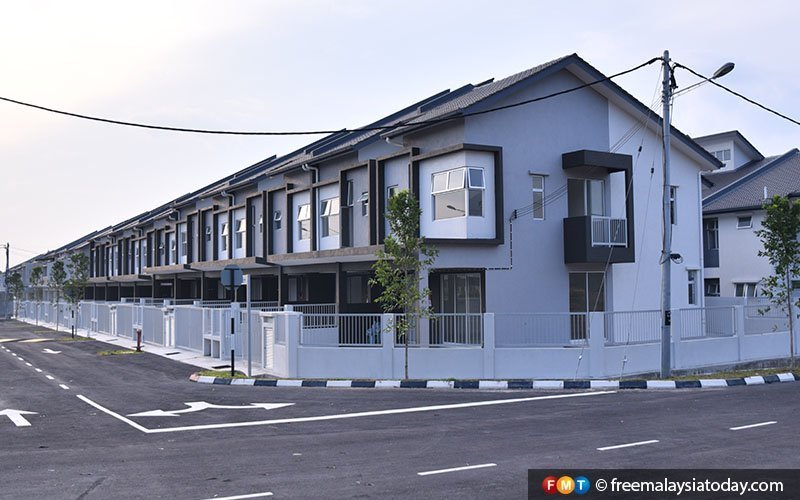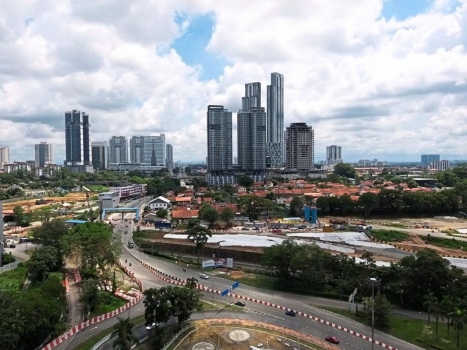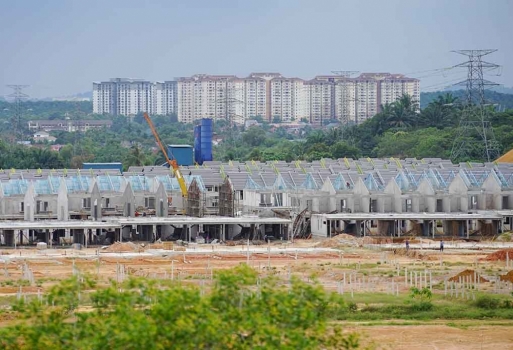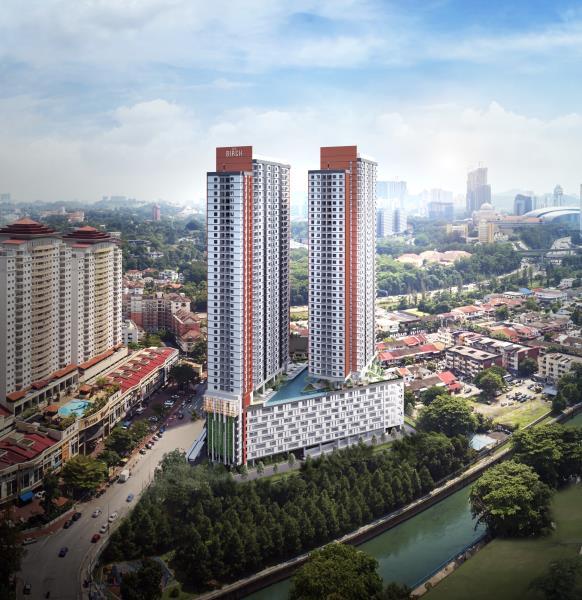The bull is creeping back into the residential property market

There is already an uptick in asking prices for residential property in Malaysia, a sign that demand has returned to the market.
This has been attributed to the better financial position among Malaysians that has enabled buyers to keep up with mortgage payments and sellers to raise prices.
PropertyGuru, an online property portal that covers Asia, noted that Malaysia and Vietnam, where the property market has also seen improvement, have recorded the highest gross domestic product (GDP) growth in the Southeast Asian region.
In the second quarter of this year, Q2 2022, Malaysia saw its GDP expand 8.9% while in Vietnam the GDP rose 7.7% year-on-year (y-o-y) as economies returned to pre-pandemic levels and labour markets tightened in Malaysia as well as neighbours Vietnam, Thailand, Indonesia and Singapore.
In his report on the macro economic trends and impact on the residential market, head of PropertyGuru Group’s real estate intelligence Lee Nai Jia said the Russian invasion of Ukraine in February shook the world that was still reeling from the effects of Covid-19.
He said inflation had made it necessary for governments to raise interest rates, thus creating tighter financial conditions.
Even so, he said, it is not all doom and gloom in the residential property market in Southeast Asia.
Lee sees strong fundamentals in Southeast Asia’s economies even if two of its key trading partners, China and the US, saw economic declines in Q2 2022.
He said the easing of restrictions post-Covid-19 had brought a measure of relief.
“A strong labour market that supports a robust housing market, as well as the steady flow of foreign direct investments into Southeast Asia do provide a counter against market vagaries caused by the pandemic and the war,” he said.
Despite the uncertainties in the global outlook, he said, Thailand, Indonesia and Malaysia are showing increasing demand, with Indonesia and Malaysia also showing higher asking and listing prices.
“In fact, the Malaysia, Singapore, Thailand and Vietnam residential markets continue to display resilience,” Lee said.
He said that in Q2, Malaysia, Singapore, Indonesia and Vietnam saw an increase in prices even though sales were already slowing down in Singapore and Vietnam.
“In Thailand, while the prices of homes remained conservative, there has been a surge in demand that implied a possible recovery in the market,” he said.
Lee said there has been a general rebound in Malaysia, Singapore, Indonesia, Thailand and Vietnam soon after restrictions on travel to curb Covid-19 were lifted.
He said Southeast Asia also continued to be a magnet for foreign direct investments (FDIs), leading to more job openings and by extension a quicker rebound from the pandemic-led slowdown.
Lee noted that Malaysia witnessed a jump in FDI of 264% in 2021 to almost US$11.6 billion (RM54.75 billion) from the US$3.2 billion (RM15.1 billion) in 2020.
“Malaysia maintained its position as an investment magnet, attracting US$28 billion (132.16 billion) in H1 of 2022, of which US$17.7 billion came from the service sector,” he said.
However, the boom is not expected to last. Lee said economic growth in Malaysia, Singapore, Indonesia and Thailand are expected to moderate in H1 2023 but Vietnam will continue to see economic expansion.
He said the residential markets in Malaysia and Indonesia will see prices appreciate but sales volume down in the first half of next year.
He said those from the low to middle-income households could be priced out of the market as more homeowners continue to demand higher prices.
With reference to PropertyGuru’s consumer sentiment study on Malaysia for H2 2022, Lee said 69% of respondents indicated plans to buy a home if the country’s home ownership campaign is revived.
Under Budget 2023 that was tabled just before Parliament was dissolved for the Nov 19 general election, 75% of the stamp duty will be waived for first-time homebuyers for properties worth RM500,000 to RM1 million.
But with a new government in place, a new budget is expected to be tabled.









